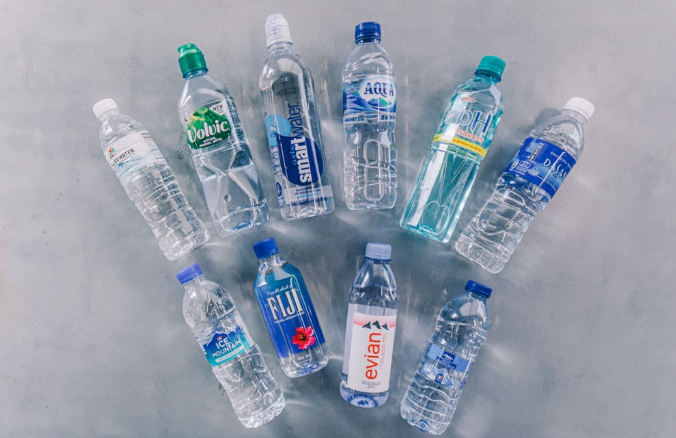SINGAPORE — Singaporeans are the world’s top consumers of bottled water, spending more per capita on it than any other country, according to a recent
SINGAPORE — Singaporeans are the world’s top consumers of bottled water, spending more per capita on it than any other country, according to a recent report by the United Nations University’s Institute for Water, Environment and Health. Despite having perfectly safe tap water, Singapore’s bottled water consumption far surpasses global averages.
The report, published on March 16, revealed that in 2021, each person in Singapore spent an average of US$1,348 (S$1,800) and consumed 1,129 liters of bottled water, placing the nation first in the world. In comparison, Australia came second with a significantly lower spend of US$386 and consumption of 504 liters per person. Countries like the United States, Indonesia, and Malaysia trailed far behind.
This high level of bottled water consumption has raised eyebrows, especially since Singapore’s national water agency, PUB, maintains that the city-state’s tap water is “perfectly safe to drink,” meeting all regulations set by the Singapore Food Agency and exceeding World Health Organization (WHO) guidelines.
Experts believe that convenience, affordability, and lifestyle habits may explain Singaporeans’ preference for bottled water. Dr. Corinne Ong and Dr. Maki Nakajima from the National University of Singapore suggest that bottled water’s widespread availability and relatively low cost make it an attractive option in the affluent society of Singapore. Meanwhile, Professor Shane Snyder from Nanyang Technological University notes that consumers may be shifting from sugary drinks to bottled water, especially in places like hawker centers where tap water isn’t easily accessible.
Interestingly, a 2019 study by the Lee Kuan Yew School of Public Policy found that most Singaporean households are open to drinking tap water, with only 3% relying primarily on bottled water. This indicates that concerns over tap water quality aren’t driving the trend.
The environmental impact of bottled water consumption is also significant. The report highlighted that plastic bottles, primarily made from polyethylene terephthalate (PET), contribute to global plastic pollution, with 5.5% of global plastic production attributed to the bottled water industry.
While some suggest focusing on better recycling programs rather than condemning bottled water consumption, the disparity in bottled water usage between countries is largely due to perceptions. In some regions, bottled water is seen as healthier and tastier, while in others, a lack of reliable public water infrastructure drives demand.
Despite the growing bottled water market, experts like Dr. Ong and Dr. Nakajima emphasize the importance of a trusted public water system, noting that Singapore’s high-quality tap water remains an important alternative to excessive bottled water consumption.



COMMENTS